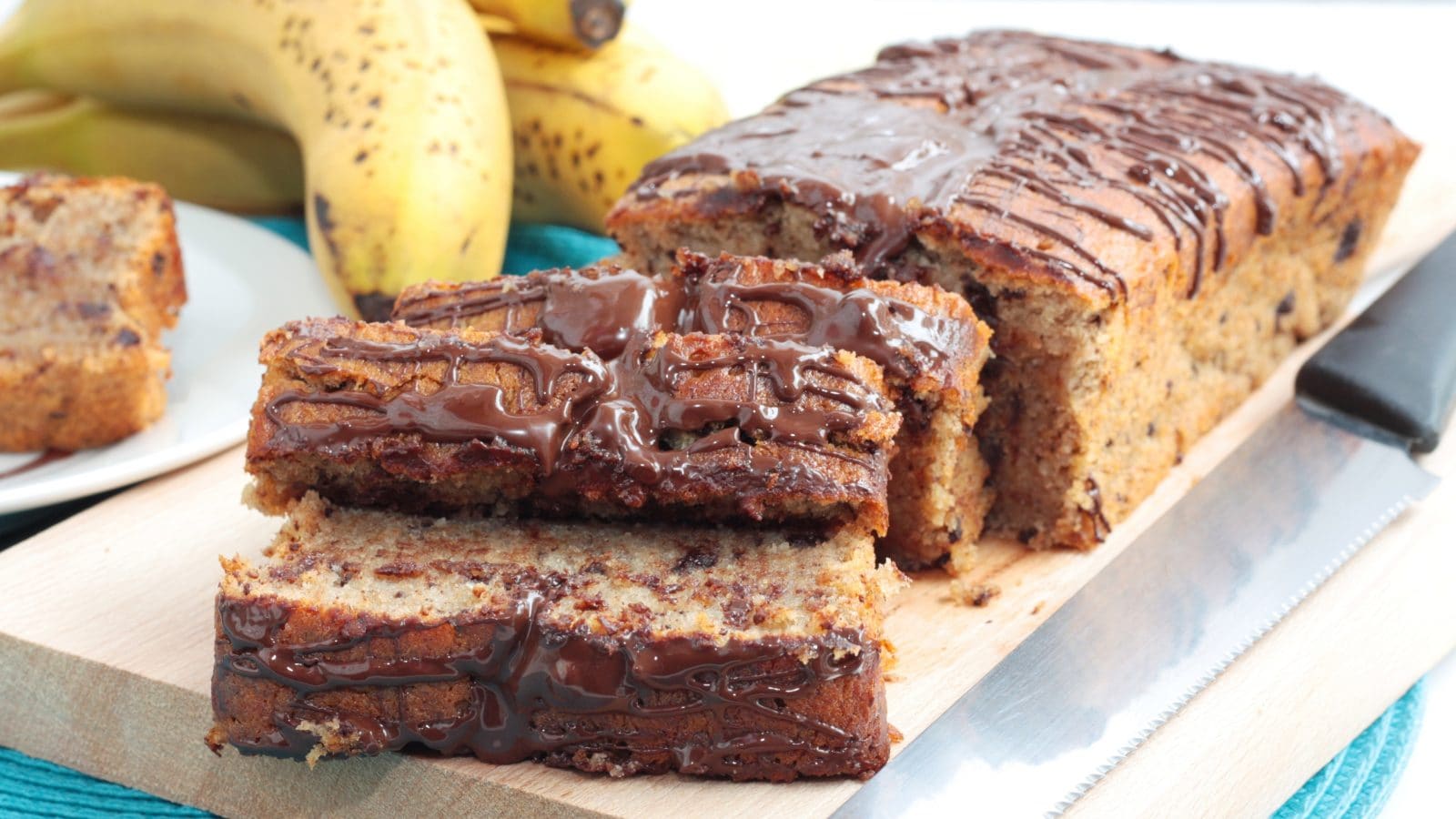Gluten-Free Diet: All You Need To Know About This Popular Health Trend
‘Gluten-free’ is a buzzword you are probably familiar with. A favourite amongst health-conscious folks, gluten-free diets are now considered to be the top choice for meals. While Instagram influencers and celebrities jump on the bandwagon and promote the many benefits of a gluten-free diet, there are questions as to who needs such a diet, is the fad entirely unnecessary, and what exactly are gluten-free foods. However, experts suggest that gluten-free diets are “not required for everyone”, and the lack of awareness and knowledge about gluten-free diets generates problems.
Several common food items that contain gluten are wheat, semolina, cereals, and other grains. Processed foods such as soya sauce and others also contain traces of gluten. However, how can you safely determine if you should follow a gluten-free diet or not? A study titled Recent strategies for tackling the problems in gluten-free diet and products, published in the National Library of Medicine said that there are still several significant obstacles that you may face if you’d like to follow a strict, gluten-free diet. The study mentioned challenges such as limited availability, the high price of products, insufficient labelling, cross-contamination risk, treatment burden, and lack of knowledge and information about celiac disease and about a gluten-free diet.
The same study also mentioned psychological factors in celiac patients- those who develop an autoimmune response to gluten that causes the body to attack the small intestine, leading to stomach ache, gas, indigestion, and in some cases even diarrhea. The adverse effects of a gluten-free diet and quality defects of gluten-free products were also noted as being among the major problems that are faced by celiac patients. However, a study titled Gluten-related illnesses and severe mental disorders: a comprehensive review, stated that there is insufficient evidence to recommend gluten-free diets for populations with psychosis and mood disorders.
In conclusion, experts noted that people who suffer from celiac disease should follow a diet that is not only free of gluten but also healthy to avoid nutrient, vitamins, and minerals deficiencies or excess. However, for people who want to follow a gluten-free diet, the underlying advice is to consult an expert dietician and nutritionist to get a clear diagnosis first.
Read all the Latest Lifestyle News and Breaking News here
For all the latest lifestyle News Click Here

